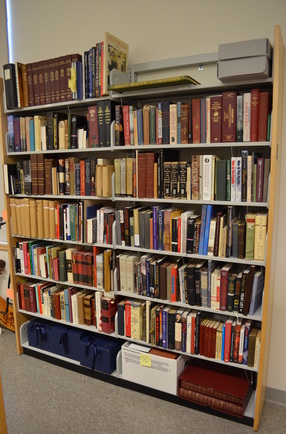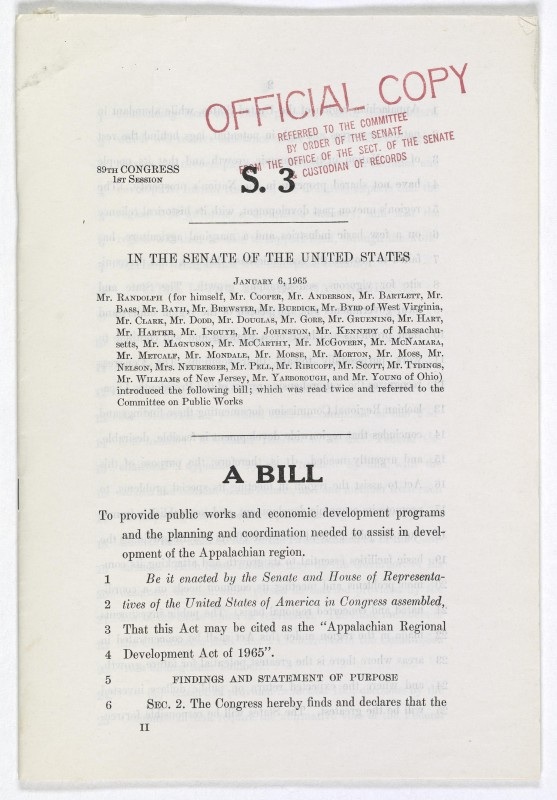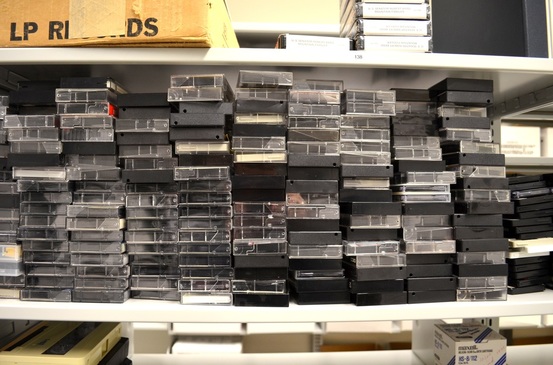By Jody Brumage
In 1992, Senator Robert C. Byrd wrote in one of his Byrd’s Eye-View columns that “I have long believed that West Virginia is a prime site for the development of a viable and productive tourism industry.” While West Virginia’s official greeting, “Wild, Wonderful, West Virginia,” is widely known today, that has not always been the case. Asserting West Virginia’s role as a major tourism attraction was a major goal of Senator Byrd’s congressional career. In 1961, during his first term in the U.S. Senate, Byrd published a Byrd’s Eye-View entitled “Tourism can be New Big Industry for West Virginia,” stating that “The only reason West Virginia’s tourism industry is not currently enjoying its full potential is that the State lacks the kinds of developed recreational areas and facilities needed to attract great numbers of travelers.” Byrd identified two key problems in the statement: first, West Virginia lacked a sufficient number and variety of areas set aside for tourism, and second, the state also lacked infrastructure to bring tourists to these places. Byrd’s lengthy career in public service would address both of these problems. By Jody Brumage
Followers of the “Posts from the Archives” blog series will recall a post from this past February describing our project to inventory Senator Byrd’s Audio/Visual (AV) Collection in preparation for digitization. At the time, we had just started digging into the boxes and sorting the materials by media type. Now, several months later, we’ve made significant progress on this endeavor, though we are still making exciting new discoveries. |
Welcome to the Byrd Center Blog! We share content here including research from our archival collections, articles from our director, and information on upcoming events.
Categories
All
Archives
July 2023
|
Our Mission: |
The Byrd Center advances representative democracy by promoting a better understanding of the United States Congress and the Constitution through programs and research that engage citizens.
|
Copyright © Robert C. Byrd Center for Congressional History and Education
|




 RSS Feed
RSS Feed
